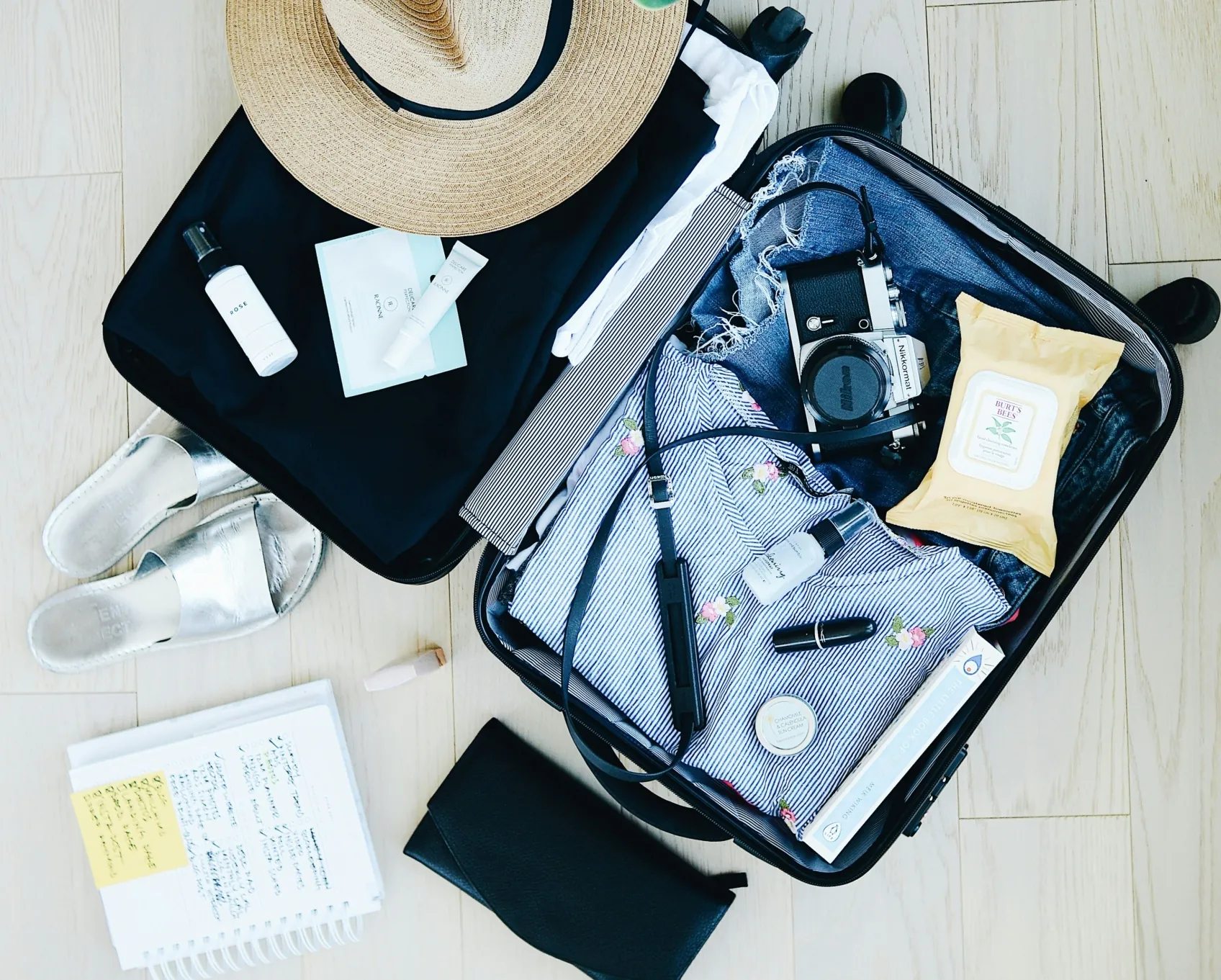The Art of Doing Nothing: How to Carry the Practice of Letting Go into Everyday Life
In the past, when a vacation was approaching, I often felt the need to “use” the free time productively. Catching up on unfinished tasks, overdue visits, or reading books I bought ages ago. After the vacation, I often didn’t feel truly refreshed and found myself longing to go back. Does this sound familiar?
I realized that I had rarely allowed myself to truly do nothing during my free time.
Letting Go of Self-Optimization
We are often led to believe thats a waste of precious time. However, the ability to do nothing is essential as it signifies inner balance and allows oneself to relax without guilt or the compulsion to be constantly productive.
But the pressure to be productive is constant. I used to see vacations as chances for self-improvement—more exercise or learning a new language. However, this mindset often transformed my valuable free time into another to-do list, leaving little room for authentic relaxation.
The Value of Doing Nothing: Wu Wei in Daily Life
Wu Wei is an ancient Taoist concept that teaches the wisdom of effortless action. It involves trusting that the right things will happen at the right time. True non-action doesn’t mean spending the day motionless in a chair; rather, it means listening to inner impulses throughout the day and acting—or not—without a specific goal.”
Tips for incorporating conscious non-action into your life
- Plan Breaks: Remember to create spontaneous moments for doing absolutely nothing. When you’re on a coffee break, try to resist the urge to check your phone or chat with anyone. Instead, consciously detach yourself from the outside world and simply focus on your coffee.mells, and how it feels in your body. This is genuine downtime. Notice how warm it is, how it s
- Practice Mindfulness: Try to experience moments without judging them. Avoid labeling situations as “good,” “bad,” “beautiful,” “strange,” “valuable,” “pointless,” etc. Imagine removing a metaphorical price tag from the situation and simply acknowledge it as it is, allowing yourself to have no opinion about it in that moment.
- Let Go of Rigid Goals: Allow things to unfold naturally. If something doesn’t go as planned in your workday, don’t immediately stress or scramble to fix it. Instead, approach it with curiosity and openness. See what happens and be surprised by the possibility of an even better outcome.
- Trust the Flow: Accept that not everything needs to be completed immediately. Of course, completing tasks that others depend on is a matter of respect for your colleagues. However, many things can’t be planned or predicted. For instance, if you haven’t received a response to a message you sent multiple times, remind yourself calmly: You’ve done your part, and the reply will come when the time is right.
- Create Rituals: Remember to make time for activities that are not focused on achieving a specific goal. This might include taking walks, meditating, or doing sensory and breathing exercises. Instead of constantly planning and problem-solving, try to incorporate these activities into your daily routine. For instance, you could count the number of blue, red, high, or low objects around you while waiting or practice a breathing exercise on your way to catch the bus (inhale for 5 steps, hold for 2, exhale for 5 steps, hold for 2). You could also take three mindful breaths with a smile before starting your next task.
Conclusion: The Power of Doing Nothing
Wu Wei, the practice of intentional non-directiveness and goal-free living, helps us achieve balance. The harmony between action and non-action aligns us with ourselves and grants the freedom to simply be, even after the holiday!
I hope you have a relaxed, productive, and mindful start to your workday.
